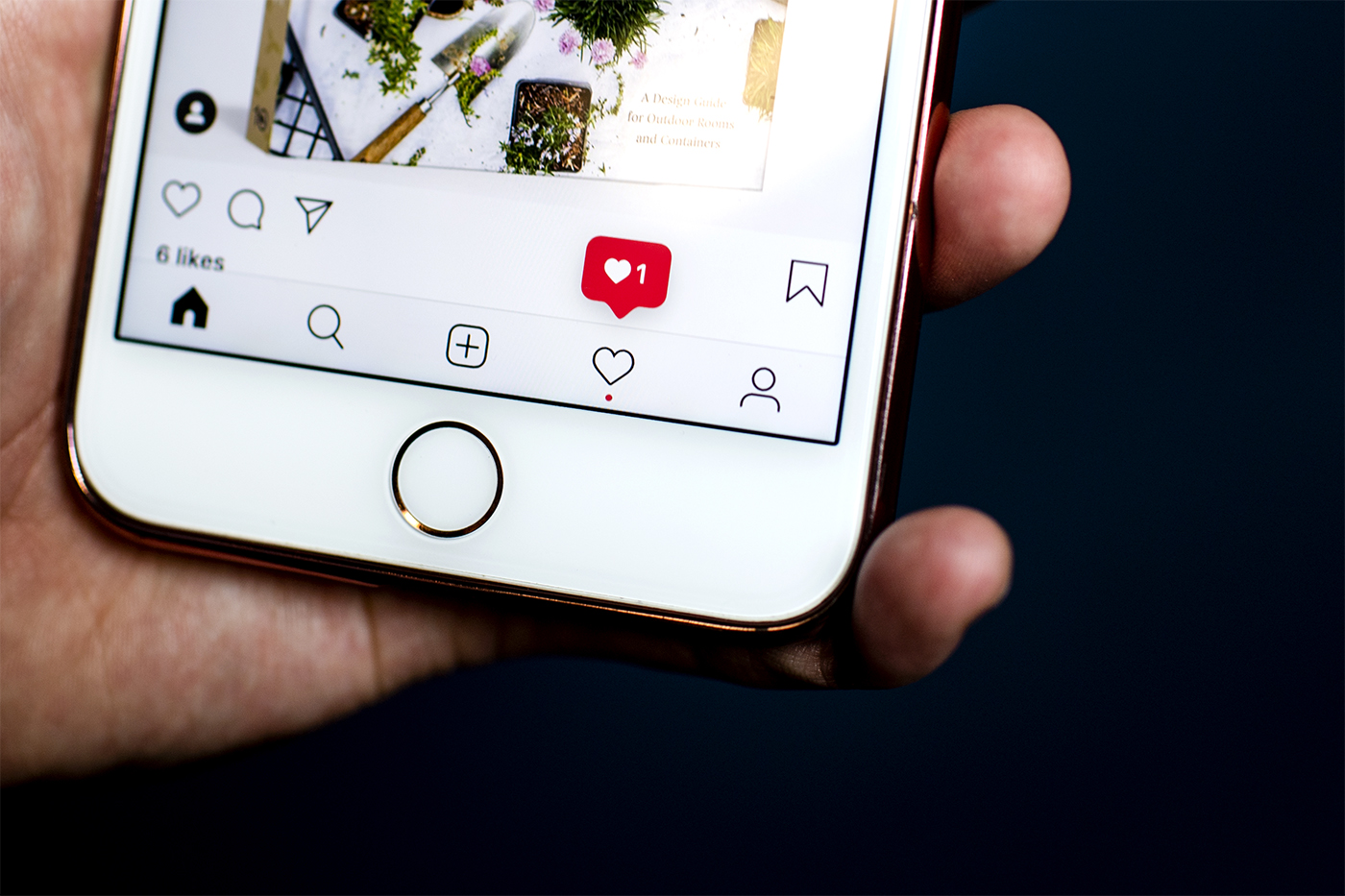A number of Instagram users in the U.S. soon will go to double-tap a post and not see any change in the number of likes underneath it. Actually, the likes won’t be there at all.
The decision to hide like counts for some users, announced last week by Instagram’s chief executive officer, Adam Mosseri, is being hailed by some as a step in the right direction, while others, such as influencers and brands, are getting nervous that the loss of likes will lessen their prominence. With the changes, users will still be able to like and comment on photos or videos, but only the content creator will be able to see the number of people who have liked the post.
Rachel Rodgers, an associate professor in the Department of Applied Psychology at Northeastern, says this change could have a positive effect on the mental wellness of users of the social media platform. Doing away with like counts could help reduce anxiety in teens who evaluate their self-worth primarily based on feedback from online followers or in comparing the number of likes their posts receive to their friends, she says.
“The research with younger people in particular does tend to show that there’s a lot of anxiety around the feedback that posts receive and that are in particular related to appearance,” she says. “And so, if you’re lessening to some extent the way in which the feedback is an important part of what people are getting from Instagram, then you lessen that pressure.”
One reason that some users develop an addiction to likes, suggests Rodgers, could be the same reason that a student might want to show off a new haircut to friends at school: social validation, the psychological theory that holds that we conform to a group and follow the actions set by the group in order to gain trust and fit in. Thus, as social beings, we gravitate toward platforms such as Instagram for feedback and socialization, Rodgers says.
“We are essentially social people and a lot of the way we navigate the world is based on the feedback that we get from other people,” she says. “So we think about social media as being a super peer in that you get that feedback that you would get from your friends at school from a much wider pool of people.”
Another psychological theory at play on social media is social identity theory, which holds that one of the ways that we gauge how well we’re doing as individuals is by comparing our standing to other people on a number of traits, including appearance, says Rodgers.
“The likes on images, particularly images that are selfies, is one of the ways that we engage in this social appearance comparison process in the online world,” Rodgers says. “Given that we are socialized to believe that appearance is a very core dimension of identity, the likes that one receives, particularly on selfie postings, become very important.”
Instagram’s Mosseri rationalized removing the metric, which has already been implemented in several countries, including Canada and Australia, as an attempt to create a “less pressurized environment where people feel comfortable expressing themselves.”
Social media, and Instagram in particular, has been linked to increased levels of anxiety, depression, loneliness, bullying, and fear of missing out. In an effort to create a safer space for users, Instagram has made both subtle and significant changes to its platform over the past year. In the last two months, Instagram announced it would ban filters that change facial features and restrict posts that promote weight-loss products and cosmetic surgery. Rodgers commended these changes as a “positive move.”
“It sends the message, regardless of how successful it is, that this is something that big social media corporations care about and that it’s on their radar, that there is the risk for some of the ways that these platforms are used to be detrimental to body image and other areas of mental health,” she says. “But it’s also useful that these effects are going to become more difficult to use.”
Time will tell how effective these measures will be on users’ mental health, says Rodgers. She remains optimistic.
“It would be wonderful if it did indeed lessen some of that competition and therefore it decreased some of the negative mental health effects that have been documented around self-esteem and mood,” she says.
